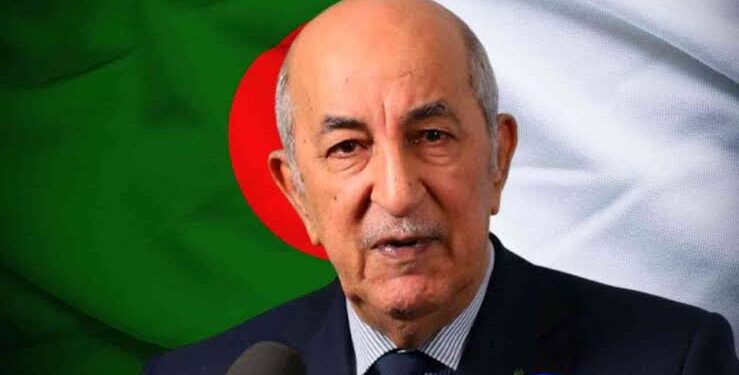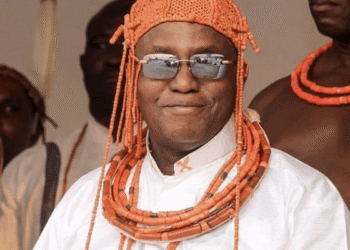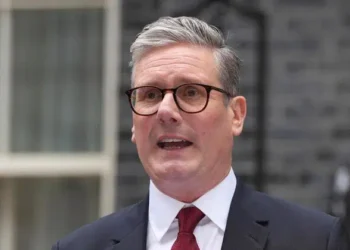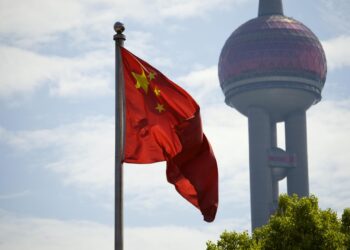In a pivotal announcement, Algerian President Abdelmadjid Tebboune declared his intention to seek a second term in office. This decision sets the stage for the upcoming presidential election, slated for September 7, which could significantly shape Algeria’s political landscape.
Presidential Ambitions
President Tebboune, 78, aims to secure another five-year term, buoyed by the support of major political parties and various civil society organizations. His initial election in December 2019 marked a significant moment in Algerian politics, and his re-election bid comes “at the request of many parties, organizations, and youth,” as he stated, in line with constitutional provisions.

Opposition and Challenges
Despite having a strong backing, Tebboune will face opposition from several quarters. The opposition landscape, however, appears fragmented and weak. Notable contenders include Youcef Aouchiche from the Front des Forces Socialistes (FFS), Abdel-Ali Hassani Cherif of the Moderate Islamist Party MSP, and Louisa Hanoune from the Workers Party, among others. These challengers represent a diverse array of political ideologies but may struggle to mount a unified front against Tebboune.
Economic Context
Algeria’s role as a key gas supplier to Europe adds an economic dimension to the upcoming election. As an OPEC member, Algeria plans to double its gas output to 200 billion cubic meters annually in the next five months. This strategic economic move underscores the country’s significance in the global energy market and highlights the stakes of the presidential race.
Bottom Line
President Tebboune’s announcement to run for a second term sets the stage for a crucial election in Algeria. With substantial political support and a fragmented opposition, his re-election seems likely. The outcome will not only influence Algeria’s political direction but also its economic strategies, particularly in the energy sector.

















